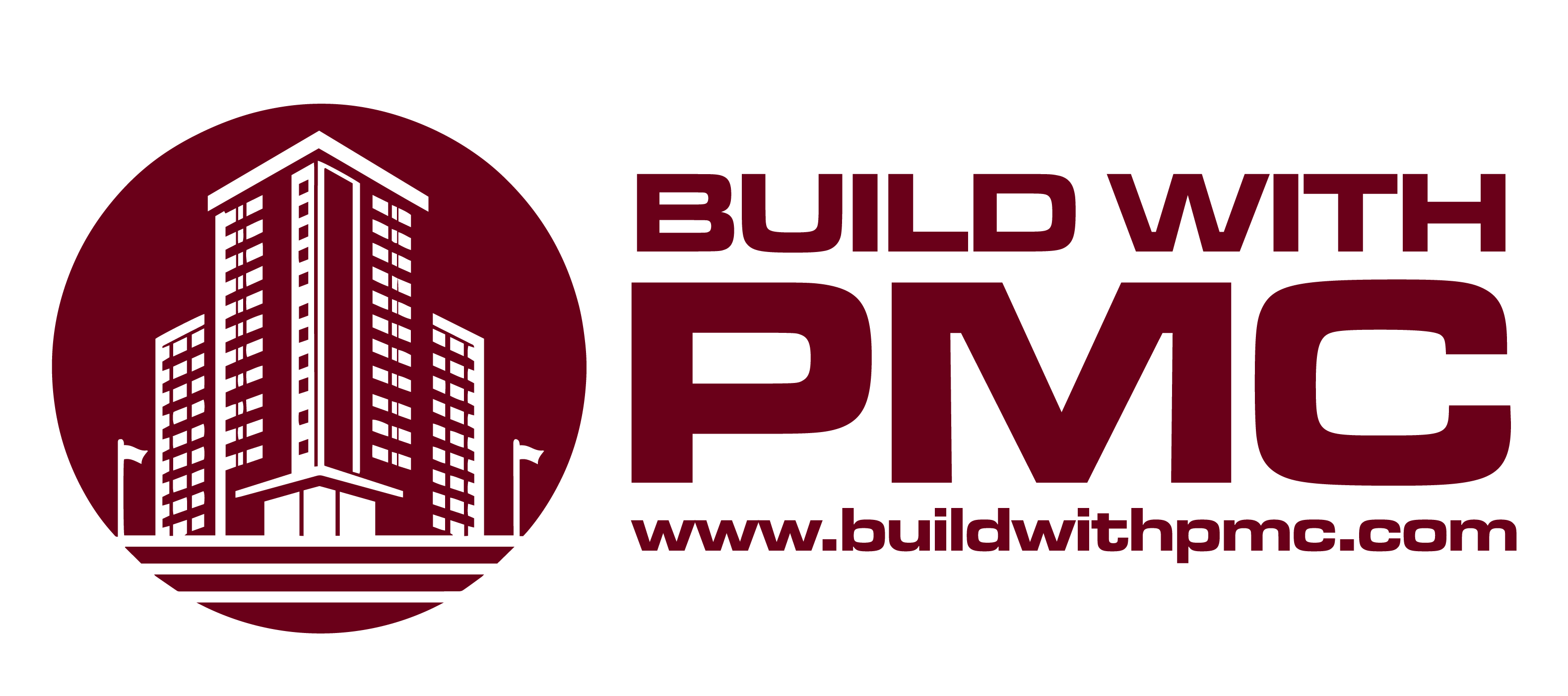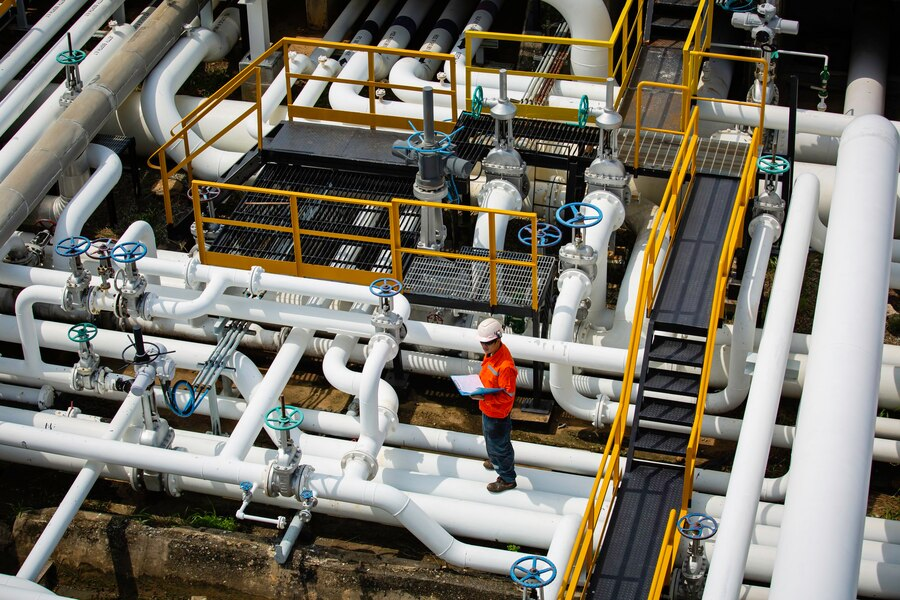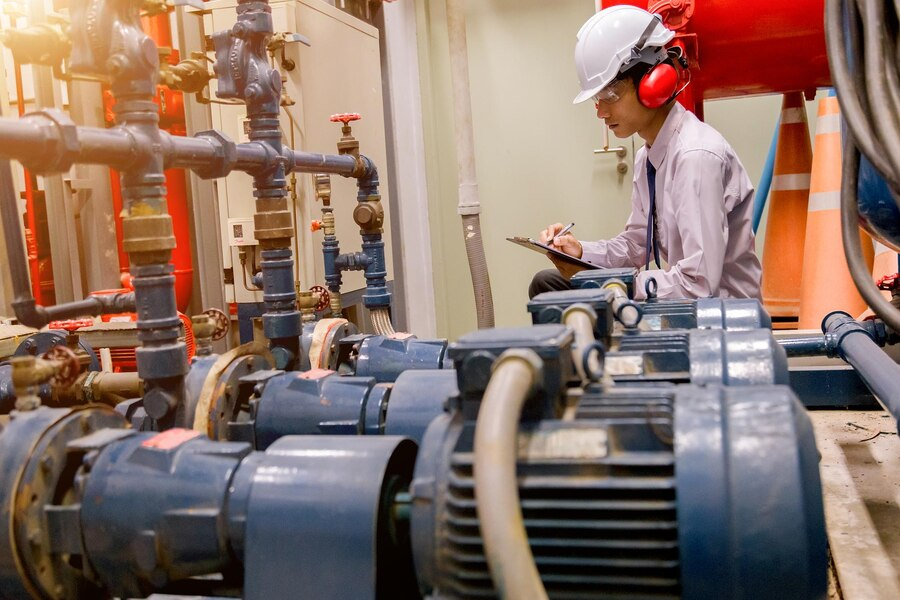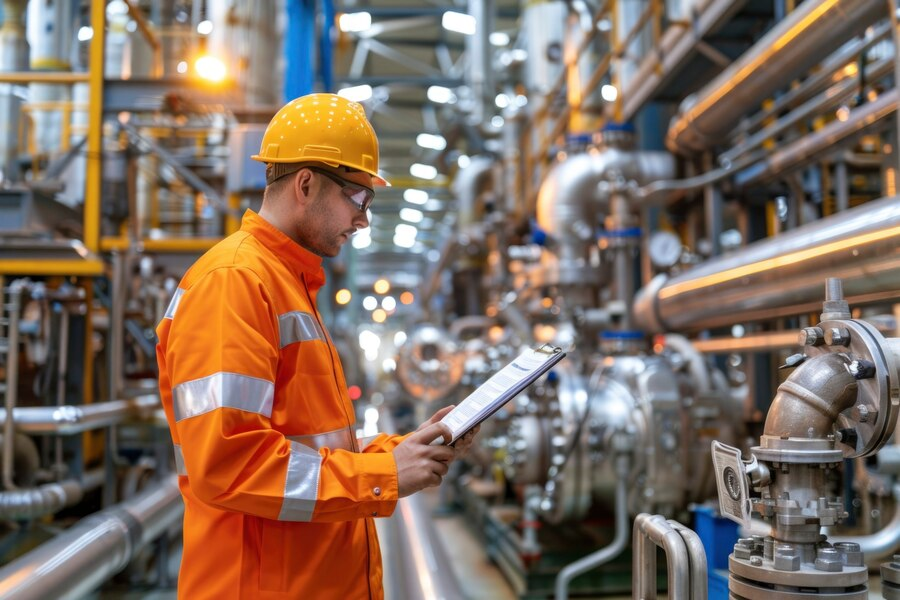Process piping plays a crucial role in maintaining the smooth operation of industrial facilities, ensuring that materials such as liquids, gases, and chemicals move seamlessly through the system. This intricate network of pipes is engineered to handle the transport of various substances under different pressures and temperatures, optimizing efficiency across industrial processes. With its ability to streamline operations, process piping significantly reduces downtime, enhances safety, and improves productivity, making it an essential component for industries like oil, gas, pharmaceuticals, and manufacturing.
The Importance of Process Piping in Industrial Operations
Process piping serves as the backbone of many industrial operations by providing a reliable and efficient way to transport materials. Whether dealing with liquids, gases, or chemicals, these systems ensure that production lines run smoothly. Without properly designed piping, industries would face significant bottlenecks and inefficiencies, hampering overall performance.
Furthermore, process piping is tailored to withstand the unique demands of each operation, from high temperatures to corrosive materials. This customizability ensures long-term reliability and safety. By integrating advanced materials and technology into piping systems, industries can maintain optimal production levels while reducing the risk of leaks or system failures, making process piping indispensable for industrial success.
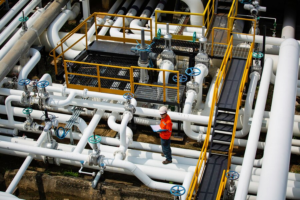
How Process Piping Enhances Efficiency in Manufacturing
In the manufacturing sector, process piping plays a vital role in improving operational efficiency. By facilitating the seamless flow of raw materials and finished products, it minimizes delays and ensures that production lines work at peak capacity. Well-designed piping systems reduce the risk of blockages or material buildup, which can cause costly downtime and slow down the manufacturing process.
Additionally, process piping is often customized to meet the specific needs of each manufacturing facility, ensuring that the system is as efficient as possible. For example, piping used in chemical processing may be designed to handle high-pressure flows or corrosive substances, optimizing the entire production process. This adaptability enhances overall efficiency and boosts productivity in manufacturing environments.
Process Piping: A Key Component in Oil and Gas Industries
The oil and gas industry heavily relies on process piping for the transportation of crude oil, natural gas, and other vital materials. These systems are essential for connecting extraction sites, refineries, and storage facilities, ensuring the smooth operation of the entire supply chain. Without efficient piping, the extraction and refining process would face significant delays and operational risks.
Moreover, the complex nature of oil and gas extraction requires piping systems that can withstand high pressures, extreme temperatures, and corrosive environments. Advanced materials and technology used in these systems ensure durability and reliability, reducing the chances of leaks or malfunctions. This makes process piping a critical component for ensuring safety and efficiency in the oil and gas industry.
Ensuring Safe Material Transport with Process Piping
Safety is a primary concern in any industrial operation, especially when handling hazardous or high-pressure materials. Process piping is designed to meet stringent safety standards, ensuring that liquids, gases, and chemicals are transported securely throughout the facility. By preventing leaks, contamination, or spills, these systems help protect both workers and the environment.
In addition to leak prevention, process piping can be equipped with safety features like pressure relief valves and corrosion-resistant materials, which further enhance the security of the system. These safeguards are especially crucial in industries like chemical manufacturing or oil refining, where even minor leaks can lead to catastrophic results. Process piping ensures that materials are safely contained, reducing risk in industrial settings.
The Role of Process Piping in Reducing Downtime
Process piping plays a key role in reducing downtime in industrial operations by ensuring the smooth flow of materials without interruption. A well-maintained piping system helps prevent unexpected breakdowns, which can be costly and time-consuming to repair. Regular inspection and proactive maintenance of process piping help avoid blockages, leaks, or corrosion that could disrupt production.
In many industries, downtime can have a ripple effect, halting production lines and delaying orders. Process piping systems that are built for durability and reliability minimize this risk by maintaining consistent performance even under demanding conditions. This results in fewer interruptions, allowing companies to maximize uptime and ensure that operations continue running smoothly without unnecessary delays.
Improving Productivity Through Efficient Process Piping Systems
Efficient process piping directly impacts productivity by enabling materials to flow freely and without delay through industrial systems. When materials like chemicals, gases, or liquids are transported quickly and safely, production lines can operate at full capacity, meeting output targets and reducing bottlenecks. This optimization of flow reduces the time between stages in the production process.
Moreover, modern process piping systems can be integrated with advanced monitoring technologies, allowing for real-time adjustments to maintain optimal performance. This level of control reduces the likelihood of slowdowns or blockages, keeping production lines moving efficiently. By enhancing the overall productivity of the facility, efficient piping systems contribute to faster lead times, improved product quality, and better profit margins.
Process Piping Solutions for High-Pressure and High-Temperature Environments
Industries that deal with extreme conditions, such as high pressure or high temperatures, require specialized process piping systems. These systems must be designed to withstand the unique stresses of such environments, ensuring the safe and efficient transport of materials. For example, piping in the petrochemical industry often handles high-pressure gases that require durable, corrosion-resistant materials.
Process piping solutions for these extreme environments often incorporate advanced alloys or composite materials that provide greater strength and resistance. Proper design is also crucial to avoid system failures that can result from thermal expansion or fluctuating pressure. These specialized piping systems are integral to maintaining the safety and efficiency of operations in industries that deal with harsh conditions.
Industries That Rely on Advanced Process Piping Systems
Numerous industries depend on advanced process piping systems to maintain their day-to-day operations. Sectors like pharmaceuticals, food and beverage, petrochemical, and manufacturing rely on these systems for the safe and efficient transport of raw materials, chemicals, or finished products. Process piping ensures that these materials reach their destinations without contamination or delays, which is critical in industries where precision and timing are essential.
In addition to efficiency, process piping is often customized for the specific needs of each industry. For instance, the pharmaceutical industry requires sterile piping systems to avoid contamination, while the food and beverage sector needs piping that meets stringent hygiene standards. The adaptability of process piping to meet industry-specific challenges makes it indispensable across a wide range of sectors.
Conclusion
Efficient industrial operations depend on well-designed systems that ensure smooth material flow, safety, and productivity. For industries in Fontana, California, having the right piping infrastructure is essential to maintain optimal performance. At PMC INC, we specialize in providing customized process piping solutions tailored to meet the unique demands of your facility, from high-pressure environments to specialized material handling.
Our expert team is ready to help you enhance your operations and reduce downtime with reliable and efficient piping systems. Reach out to us at 562-905-3101 for a consultation and see how our solutions can streamline your processes and improve your bottom line. Let us help you keep your operations running smoothly with the best piping systems available.
